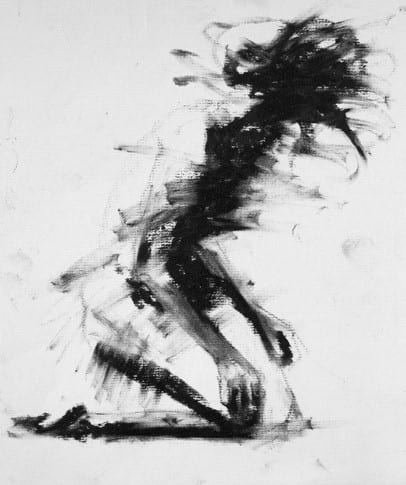By Lynn Ayoub | Staff Writer
Panic attacks is a term we often hear, yet is rarely taken seriously. It is so much more than the feeling you get when someone scares you and you say without thinking “Ohh, you almost gave me a panic attack!”
According to Mayo Clinic, a panic attack is a sudden episode of intense fear that triggers a physical reaction when there is no real danger or apparent cause. Put simply, in a concise sentence while to the person experiencing it, it sounds nothing close to what concise might feel like. Studies show that an average person might have one or two panic attacks in their entire life. The surprising fact is that most people don’t know that what’s happening to them is a panic attack. Others are ashamed of saying they experienced such a thing, or they just know that no one can understand that their soul was being ripped away from them while they were trying their best to hold on. So, what does it feel like to have a panic attack from the perspective of a person experiencing it? and why it isn’t talked about as it should?
It always starts with your legs too weak to hold you, you don’t think much about it, you think you’re just tired, then your hands start to tremble – yet you can feel they are as heavy as rocks. You can also feel your heart as it begins to beat faster and faster, almost like it will fly out of your chest like a bird trying to escape its cage, with the cage constricting, crushing the bird. You can feel the sharp pain radiating down your arms, reaching your whole body. You’re on the floor, your legs forming an armor in front of your chest. Your face is going numb, and your head starts to spin like the boy you always see at the park. His mother says no, but he continues to ride every roller coaster he possibly can, pumping his adrenaline like it’s a damn game. The world around you starts to fade away; you feel like you’re drowning while everyone else effortlessly swims. Every breath becomes harder, and then it hits you: you feel like you’re dying because, in that moment, you are. You are not yourself; your body is not your own. There’s no air, no blood, no life. Words cease to exist, and all you can do is scream, mourn. You don’t just cry; it’s not merely pain—it’s grief. You’re on the floor, desperately trying to hold onto a soul that seems to reject you.
To the person experiencing the panic attack, it feels like weakness, like they lost control and they just broke. When you go to tell someone who thinks they had a panic attack from fearing a prank, you can’t expect them to understand you. You can’t expect that another human being can understand what you have just been through, you are scared they might judge you, assume you’re too weak, and tell you to get a grip. You fear being judged, even for people who are the closest to you. Most importantly, you are scared that they won’t know what to say or what to do because their silence will hurt you more. It will make you feel like something is wrong with you, you will see the pity in their eyes, and it will make you feel like some broken toy in need to be fixed so you choose to be silent. you choose not to be a burden, not to be pitied, you choose to drown by yourself because maybe a part of you knows that nothing can help you. You think what is the point of having someone else hold my curse, my burden? You want to be strong, to carry it alone, while all you need is someone to hold you very tight and tell you everything is going to be alright.
Having a panic attack is not just a one-time experience; its effects linger like angry hail wreaking havoc on your body and soul before dissipating. It forces you to live in constant fear, dreading when the storm will strike again. It’s not as simple as saying, “Yeah, we all have panic attacks; it’s okay.” It’s that moment when you finally sit down, and it abruptly ceases. You can breathe, feeling relief wash over you, realizing you’re not dead. But then it hits you: there will be more oceans to swim and roller coasters to ride. It’s not over. Your insides ache anew, tears threatening as before, your stomach churns, leaving you gasping for air, clutching your chest. Everything feels like pain, yet you remain kneeling, waiting in stillness.

